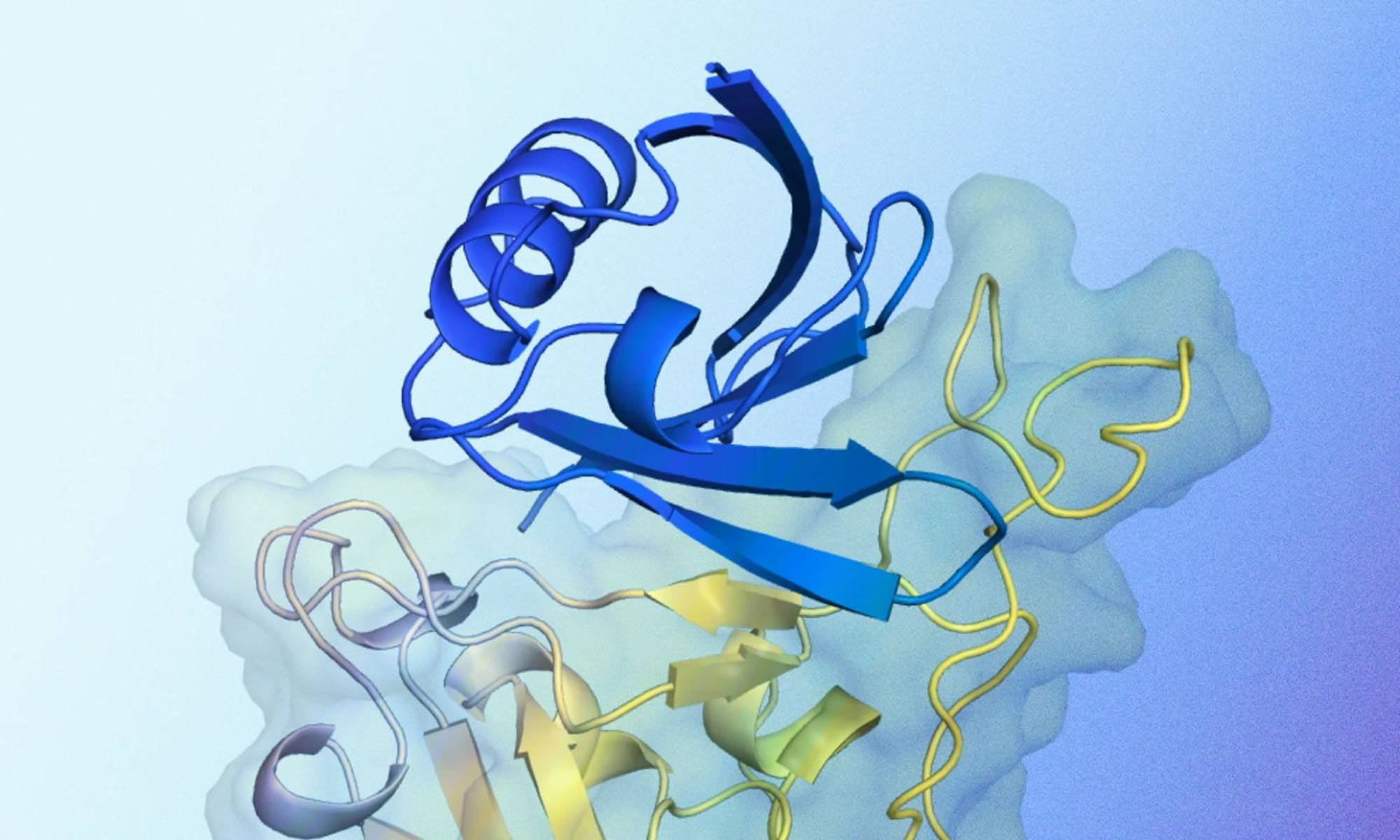News
Google’s New AI Technology May Revolutionize Cancer Treatment
The AI model, called AlphaProteo, can design targeted protein binders, promising breakthroughs in cancer treatments and diseases like diabetes.

Proteins are integral to many biological processes within the human body. They play a crucial role in our immune system, helping us to fend off diseases and maintain overall health.
Until now, developing protein molecules for medical purposes has been a time-consuming, expensive, and complex process. However, advancements in artificial intelligence have significantly improved the process, making it more efficient and accessible.
Recently, Google DeepMind researchers introduced a cutting-edge AI-powered model that can create protein binders targeting specific proteins. The groundbreaking development allows scientists to design custom protein molecules that specifically target only cancerous cells while minimizing harm to healthy ones. Hopefully, this will lead to more effective and less harmful treatments for cancer patients.
The newly developed AI model, known as AlphaProteo, also promises to be a game-changer in the diagnosis and treatment of various diseases, including autoimmune disorders like rheumatoid arthritis, and chronic illnesses such as diabetes.
This isn’t Google DeepMind’s first foray into using AI for protein research. In 2021, the company launched AlphaFold, another AI-powered system aimed at predicting the structure of proteins. AlphaProteo builds upon this foundation, further advancing AI’s role in medical research.
Also Read: Tumor-Fighting Nanobots Could Revolutionize Cancer Treatment
The system’s training involved large datasets from the Protein Data Bank and insights from Google’s previous AI research. By leveraging this wealth of data, AlphaProteo avoids the need for traditional, resource-intensive testing methods, saving both time and money.
One of the most significant achievements during AlphaProteo’s testing phase was the strength of the protein binders it produced. On average, these binders were ten times more effective than current designs. The research also included testing protein binders for various target molecules, including those related to diseases like COVID-19 and leukemia.
News
Rabbit Expands Hyperlocal Delivery Service In Saudi Arabia
The e-commerce startup is aiming to tap into the Kingdom’s underdeveloped e-grocery sector with a tech-first, locally rooted strategy.

Rabbit, an Egyptian-born hyperlocal e-commerce startup, is expanding into the Saudi Arabian market, setting its sights on delivering 20 million items across major cities by 2026.
The company, founded in 2021, is already operational in the Kingdom, with its regional headquarters now open in Riyadh and an established network of strategically located fulfillment centers — commonly known as “dark stores” — across the capital.
The timing is strategic: Saudi Arabia’s online grocery transactions currently sit at 1.3%, notably behind the UAE (5.3%) and the United States (4.8%). With the Kingdom’s food and grocery market estimated at $60 billion, even a modest increase in online adoption could create a multi-billion-dollar opportunity.
Rabbit also sees a clear alignment between its business goals and Saudi Arabia’s Vision 2030, which aims to boost retail sector innovation, support small and medium-sized enterprises, attract foreign investment, and develop a robust digital economy.
The company’s e-commerce model is based on speed and efficiency. Delivery of anything from groceries and snacks to cosmetics and household staples is promised in 20 minutes or less, facilitated by a tightly optimized logistics system — a crucial component in a sector where profit margins and delivery expectations are razor-thin.
Despite the challenges, Rabbit has already found its stride in Egypt. In just over three years, the app has been used by 1.4 million customers to deliver more than 40 million items. Revenue has surged, growing more than eightfold in the past two years alone.
Also Read: Top E-Commerce Websites In The Middle East In 2025
CEO and Co-Founder Ahmad Yousry commented: “We are delighted to announce Rabbit’s expansion into the Kingdom. We pride ourselves on being a hyperlocal company, bringing our bleeding-edge tech and experience to transform the grocery shopping experience for Saudi households, and delivering the best products – especially local favorites, in just 20 minutes”.
The company’s growth strategy avoids the pitfalls of over-reliance on aggressive discounting. Instead, Rabbit leans on operational efficiency, customer retention, and smart scaling. The approach is paying off, having already attracted major investment from the likes of Lorax Capital Partners, Global Ventures, Raed Ventures, and Beltone Venture Capital, alongside earlier investors such as Global Founders Capital, Goodwater Capital, and Hub71.






















